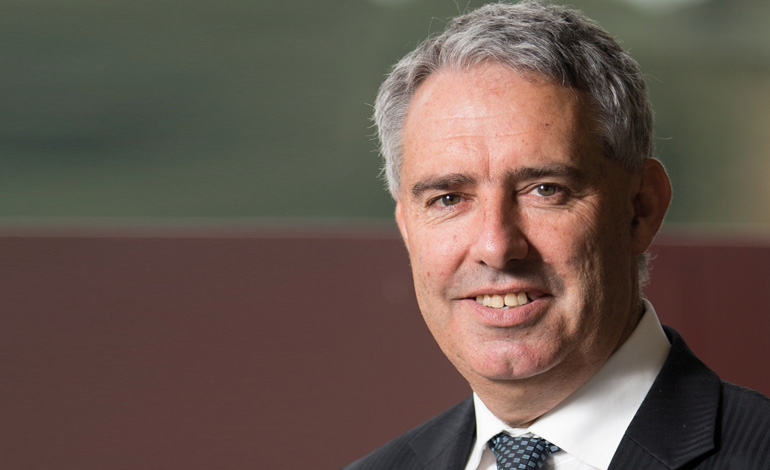Lawrence Yule, MP for Tukituki, National Party Spokesperson for Local Government, past LGNZ president, and mayor of Hastings from 2001 to 2017.
I was delighted to be appointed as the National Party Spokesperson for Local Government. I am very supportive of the sector and the people who work in it, and recognise the importance of local community decision-making and services delivery.
My short time in Parliament has already shown me how very different the decision-making processes are and how central and local government have differing views of each other even though they represent largely the same people.
A critical goal of mine is to improve this relationship and understanding.
I begin this task against a clear background of understanding that no matter what is done it has to be paid for by rates, borrowing or user charges. The same thing applies to central government funding. So, despite repetitive calls for the Government to do more, I will always temper this against how something is best done in terms of funding and delivery.
I absolutely support the view that no government should impose unfunded mandates; but equally ratepayer resistance to rate increases should not be a proxy for the taxpayer simply filling the gap.
While there are some debt ceiling issues with high growth councils, most local authorities can fund their needs from rates, borrowing and user charges – if they have the political courage.
Access to general taxpayer funding should not be seen as a way of facing the tough calls. All governments have plenty to spend their money on supporting health, education, housing, welfare and safety. There is no spare cash and, regardless, the cash is taken from largely the same citizens to fund all this.
So, I come back to the premise of why local government exists.
It basically revolves around the fact that for some things it makes sense and is more cost efficient to do things together rather than individually. The public good can be better protected by collective action in examples such as flood protection, wastewater treatment, water supply and road building. The difference I wish to bring to this conversation relates to redefining which form of central or local government is the best place to do what.
The proposed changes to the Three Waters outlined by Cabinet Minister Nanaia Mahuta is a case in point example of ‘be careful what you wish for’.
While $761 million has been offered to support the water reforms, it comes with some significant caveats including the regionalisation of services. While Councils are welcoming the funding, many are just becoming aware of the loss of control and subsequent impact on their council viability.
Equally, the cash has been offered but no decisions have been offered as to the structure for managing the Three Waters across New Zealand. I would encourage you to be very wary about this.
The current Government has a massive centralisation agenda as can be seen from the RoVE review of the Skills and Training Sector where large urban loss-making entities have been merged with more responsive and better managed regional institutions. I imagine this same Government will merge a significant number of DHBs, if re-elected.
National has yet to form a view on the Three Waters review because no detail of the structure has been produced in draft legislation.
This being said, councils need to be aware that any significant funding input from central government will come with a requirement for some control to protect the taxpayer investment. Personally, I quite like the co-investment model of the NZTA, but first we need to have a serious conversation about who does what. Regretfully for the sector, I do not buy the argument that ratepayers can’t afford something and somehow the taxpayer can.
These conversations need to be evidenced-based and should be all about maximising efficiency, protection of democracy, and enhancing our social, economic and environmental outcomes.
Post-election, I am very happy to meet the sector to discuss some of the tensions and challenges.



